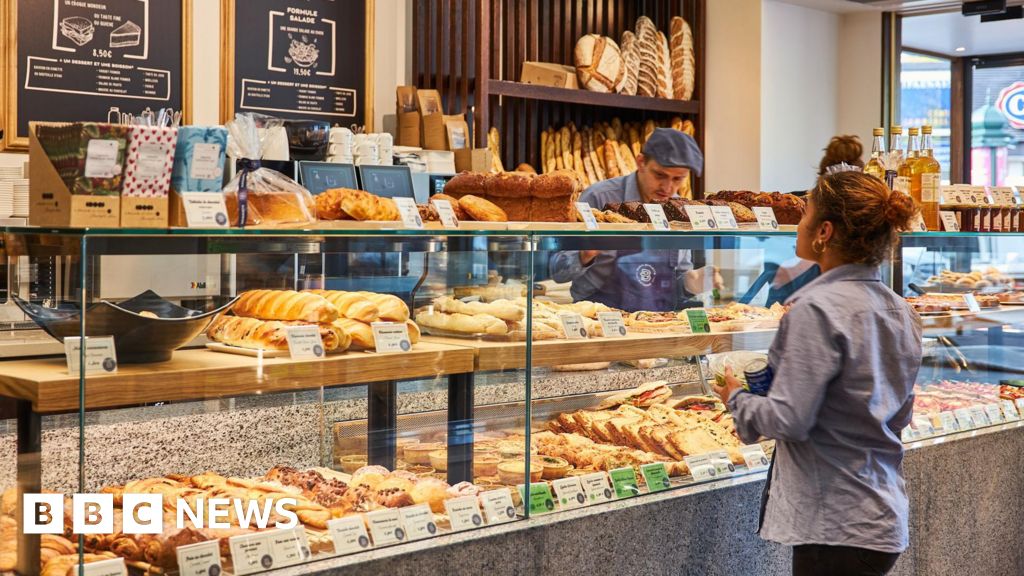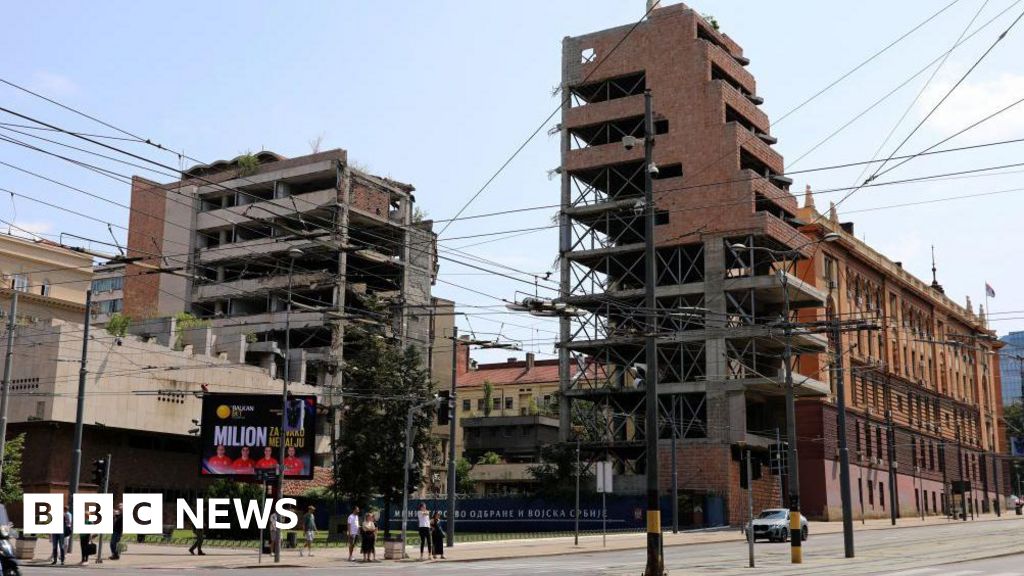ARTICLE AD BOX
Image source, Next
Image caption,Next has said costs associated with wages, manufacturing and shipping continue to increase
Next has cut sick pay for unvaccinated staff who must self-isolate because of Covid exposure and in some cases for workers who test positive, the BBC has learned.
Following a similar move by Ikea, the retailer acknowledged it was an "emotive topic" but said it had to balance staff and shareholder needs.
It comes as employers face mass absences due to the Omicron variant.
It is unclear when Next made the change but it is believed to have been recent.
Unvaccinated workers at the retailer who test positive are still being paid in full for the time they need off. Next currently pays store sales consultants and stock assistants between £6.55 and £9.21 an hour and warehouse operatives between £9.30 and £11.26 an hour.
But unvaccinated workers who are required to isolate having been identified as a close contact of someone with Covid could now receive as little as £96.35 a week - the Statutory Sick Pay minimum - unless there are mitigating circumstances.
Last month, official self-isolation guidance was relaxed for people who have been jabbed, meaning they do not need to isolate if they have been exposed to a positive case.
But there was no change to the guidance for unvaccinated close contacts, who must still self-isolate for 10 full days after their date of exposure.
Many companies, including Next, faced labour shortages in 2021 and some are now are seeing mass absences due to the more infectious Omicron Covid strain.
This week it emerged that Ikea, which employs about 10,000 people in the UK, had changed its policy on unvaccinated staff who have been exposed to coronavirus.
Sick pay cuts will also be implemented at Wessex Water and in the US several major companies have started penalising un-jabbed workers.
However, the major UK supermarkets and Amazon told the BBC their policies had not changed.
Next's move comes days after it said it was putting up its prices to offset higher wage and manufacturing costs.
The retailer said prices for its spring and summer clothing and homeware ranges would climb by 3.7% from a year earlier, while it expects a 6% rise for autumn and winter goods.
The company forecasts full-year sales to rise by 7% overall, but it warned it could face a tougher trading environment in 2022 given the financial pressures facing households, such as higher energy bills.
In October last year, Next boss Lord Wolfson said the retailer had struggled with labour shortages because workers were not available in the places needed and seasonal workers had proved difficult to recruit.
The executive, who supported Brexit, said the problem could be solved by companies hiring overseas workers and paying a "visa tax".

 3 years ago
111
3 years ago
111








 English (US) ·
English (US) ·